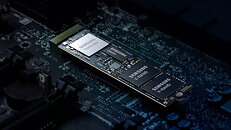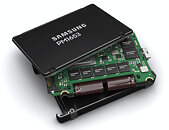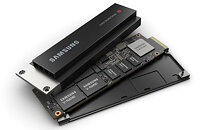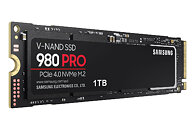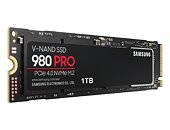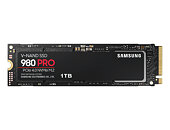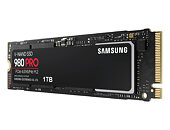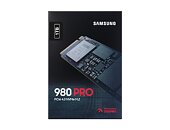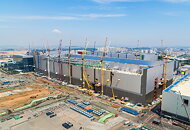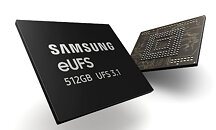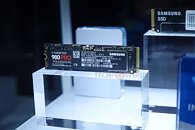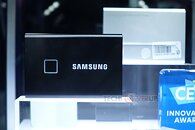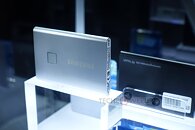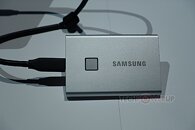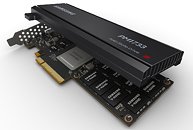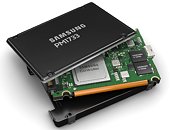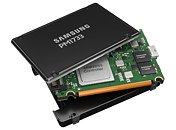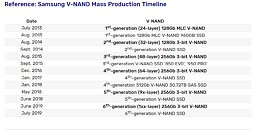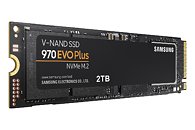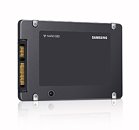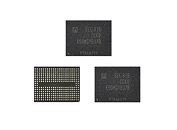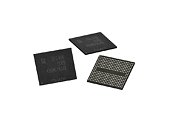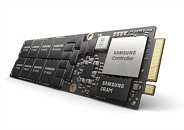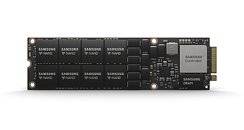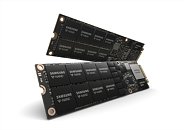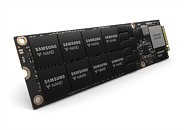
Samsung Preparing to Deploy 176-Layer V-NAND in PCIe 4.0, PCIe 5.0 SSD Products
Samsung is preparing to deploy their latest innovations in NAND density with the next-generation V-NAND (7th gen). Samsung says it is preparing products that leverage both V-NAND's higher density (at 176 layers per chip versus up to 136 layers on 6th gen) with the throughput of both PCIe 4.0 and PCIe 5.0. This would of course mean higher density drives available, as well as a reduction in the overall $/GB equation. Due to Samsung's vertical integration (meaning that they are one of the few companies that can design and produce all SSD components in-house), the company is also developing next-gen NAND controllers that can leverage throughputs of 2,000 MT/s transfer rates and thus "optimized for multitasking huge workloads".
Samsung expects to be able to scale V-NAND well past the 1,000 layer mark - a far-cry from the claims made by SK Hynix, who have only talked about a theoretical 600-layer NAND configuration. While the 176-layer, 7-gen V-NAND is only now entering mass production and the final stages of product development, Samsung has already taped out the initial batches of their 8th-gen V-NAND, which feature "more than 200 layers". It's likely that Samsung's 1,000-layer claim actually looks towards the future in a timeframe of decade(s?) and isn't actually something to look forward to in the approximate future.
Samsung expects to be able to scale V-NAND well past the 1,000 layer mark - a far-cry from the claims made by SK Hynix, who have only talked about a theoretical 600-layer NAND configuration. While the 176-layer, 7-gen V-NAND is only now entering mass production and the final stages of product development, Samsung has already taped out the initial batches of their 8th-gen V-NAND, which feature "more than 200 layers". It's likely that Samsung's 1,000-layer claim actually looks towards the future in a timeframe of decade(s?) and isn't actually something to look forward to in the approximate future.
